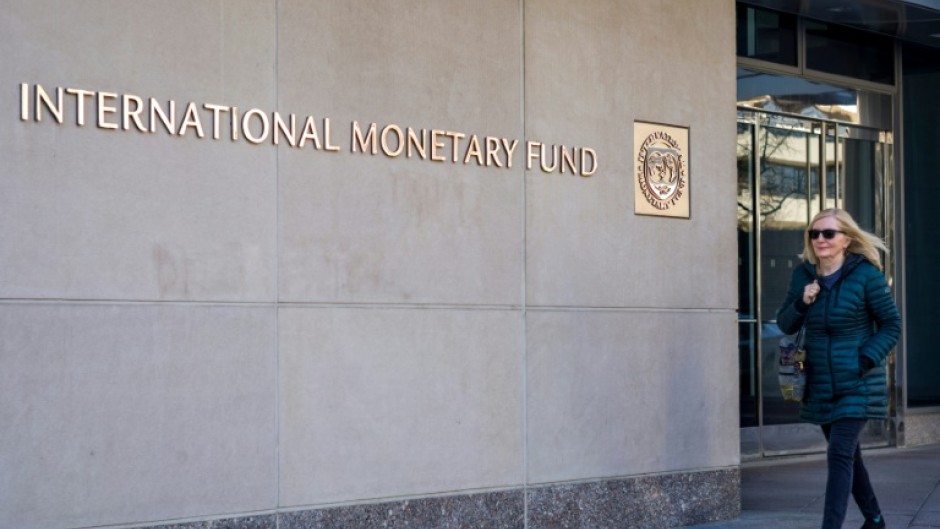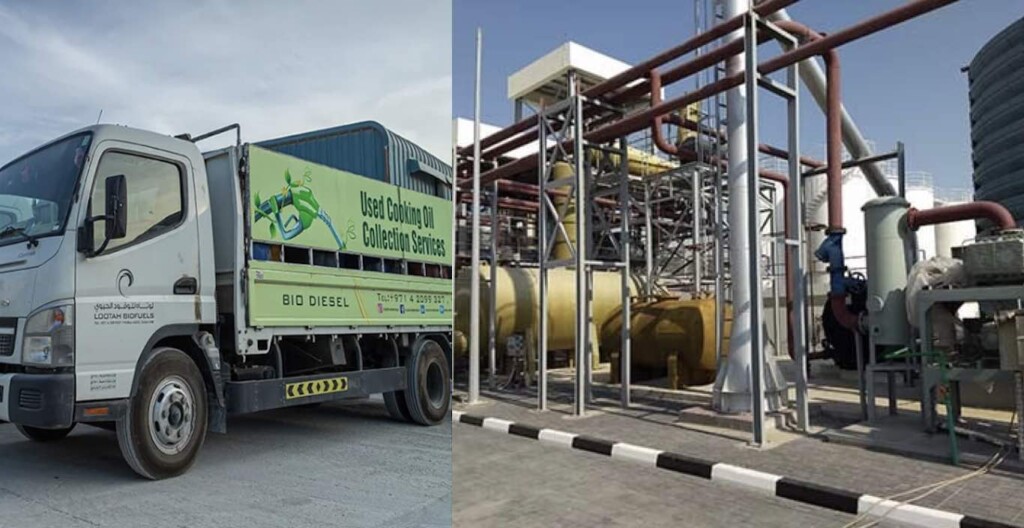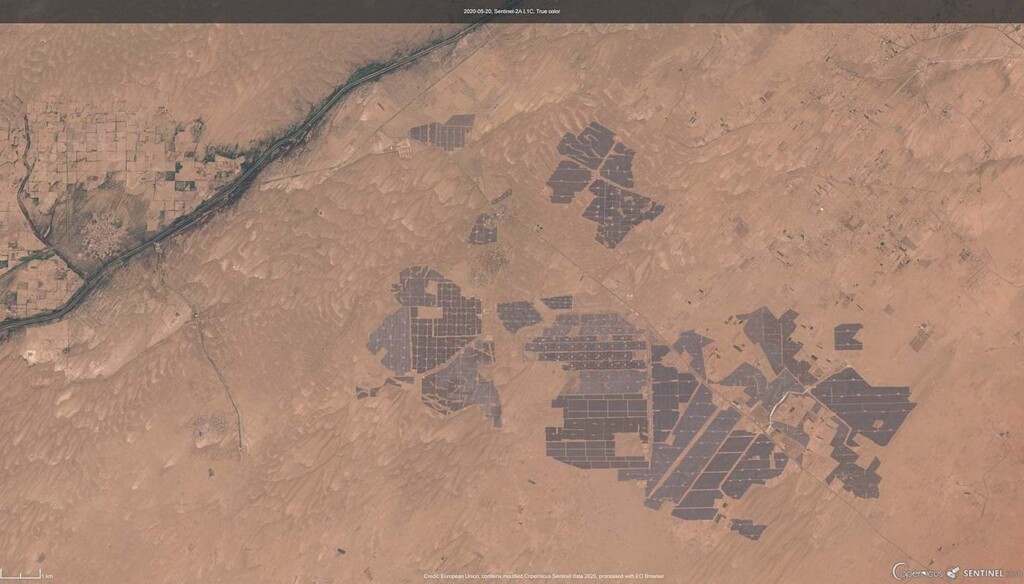
WASHINGTON - The International Monetary Fund announced the immediate disbursement of $820-million to the Egyptian government, part of an augmented plan to aid the nation's stumbling economy.
The IMF's Executive Board validated the payment as part of a $3-billion aid program granted at the end of 2022.
The IMF action, repeatedly postponed and eagerly awaited by the Egyptian government, arrives at a time of mounting difficulties for its economy.
The Board also approved a $5-billion extension announced at the beginning of the month, bringing the Fund's total lending to Egypt to $8 billion.
In a news release, the IMF said that the Egyptian government has achieved all the objectives set out in the first two stages of the aid program, with the exception of the level of its foreign currency reserves.
"The authorities have significantly strengthened the reform package," IMF Managing Director Kristalina Georgieva said in the release.
"Recent measures toward correcting macroeconomic imbalances, including unification of the exchange rate... and significant tightening of monetary and fiscal policies, were difficult, but critical steps forward," she added.
Earlier this month, Egypt's central bank raised rates by six percentage points to 27.75 percent to combat inflation and bring the official exchange rate closer to the black market rate, causing the Egyptian pound to plunge 40 percent in one day, following a 50 percent fall over the last few months.
Nearly two-thirds of Egypt's 106 million inhabitants live below or just above the poverty line, and the country is facing a drop in foreign currency earnings, whether from tourism -- hit by the pandemic, then the war in Ukraine and now the war in the Gaza Strip -- or problems along the Suez Canal.
Attacks by Yemen's Huthi rebels in the Red Sea and Gulf of Aden have reduced dollar revenues from the canal, a crucial passage for world trade, by 40-50 percent since the start of the year, the IMF said.
Since taking power in 2013, President Abdel Fattah al-Sisi has embarked on a series of megaprojects which, economists believe, have not generated new revenues but severely limited the state's financial capacity.
Between 2013 and 2022, Egypt's foreign debt rose from $46 billion to more than $165 billion, according to World Bank data, making it the second country most at risk of default behind war-torn Ukraine.However, the IMF is fairly optimistic for the coming fiscal year, forecasting economic growth will rise 4.4 percent, compared with 3 percent for the current fiscal year ending June 30.IMF approves $820m as part of Egypt bailout


 Bhadla Solar Park in Gujarat, seen from ESA’s Copernicus Sentinel-2, satellite, will pale in comparison to Khavda when it’s completed
Bhadla Solar Park in Gujarat, seen from ESA’s Copernicus Sentinel-2, satellite, will pale in comparison to Khavda when it’s completed